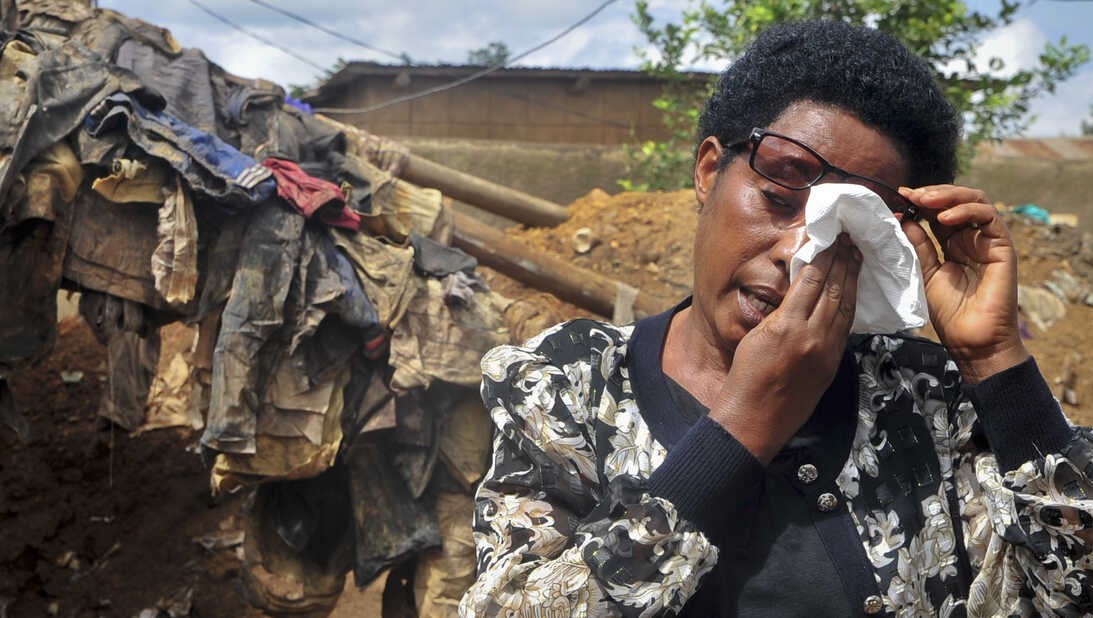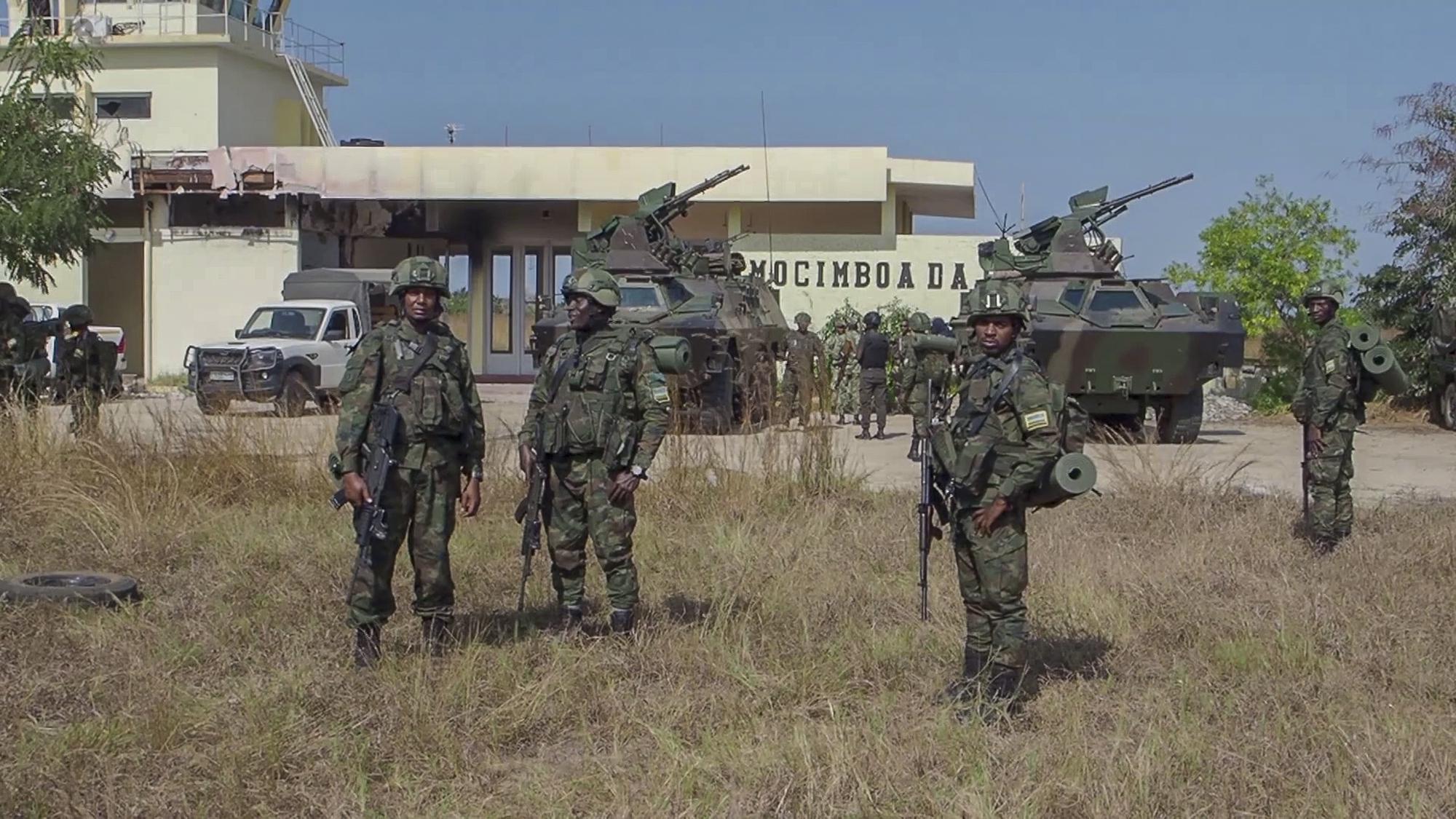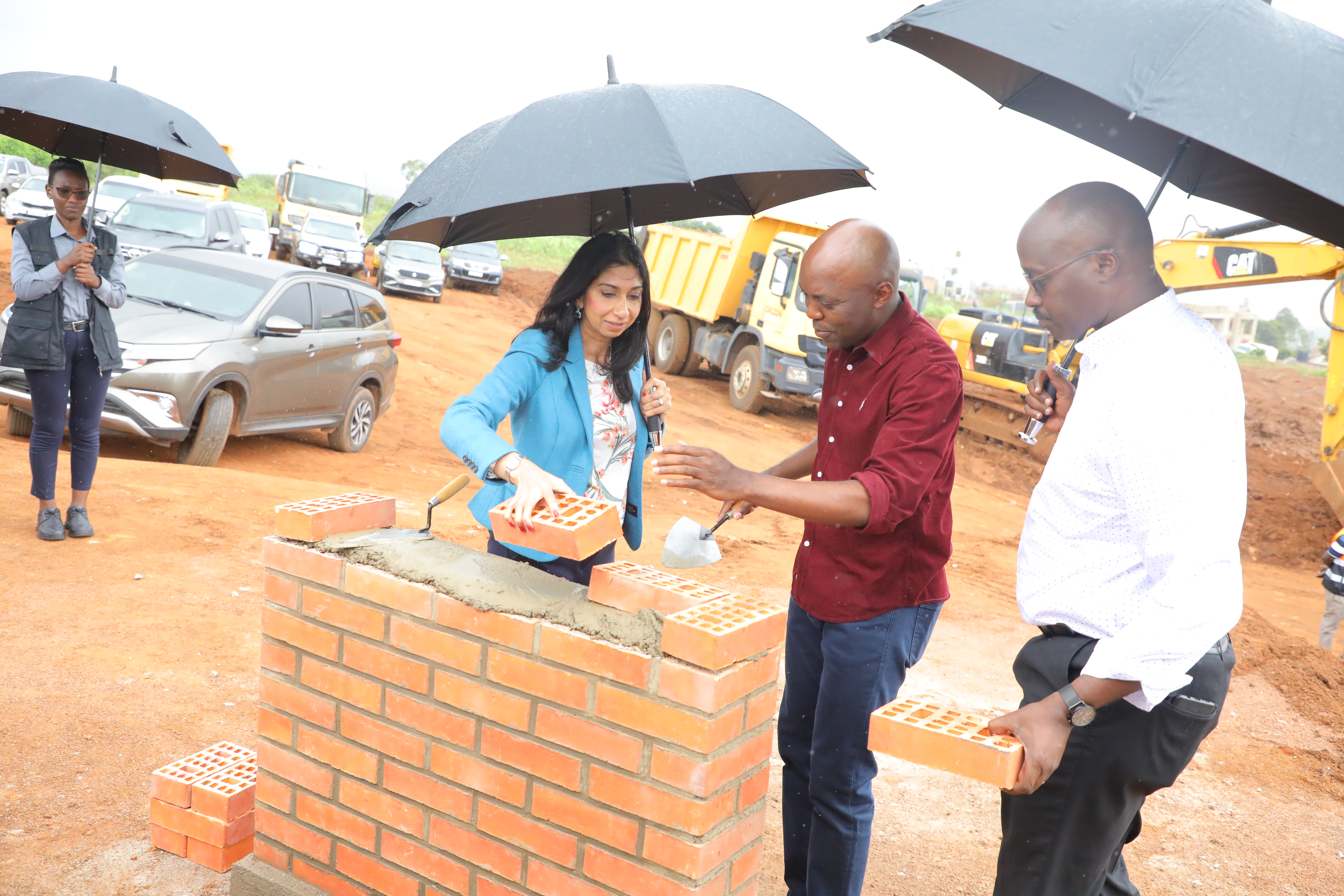International
Rwandan youth should not be bystanders to genocide ideology, deniers

It
is now 29 years since Rwanda rose from the ashes of the tragic history of the Genocide
against the Tutsi.
The
first genocide in the world’s history to be committed in a very short time, in
a small territory, and perpetrated by neighbors and took the lives of over a million
people.
Despite
the country’s remarkable progress to unity and reconciliation, there are still
people who continue to deny and distort facts around the 1994 Genocide against
the Tutsi. They spread lies, divert the real cause of genocide in order to
demonize victims and cleanse the perpetrators, many being their relatives or
friends.
Genocide
deniers target the youth – over 65 per cent of Rwanda's population – to propagate
their genocide ideology.
They
do it through social networking, taking advantage of the youth’s little knowledge
or experience about what happened. Many youths were born few years before,
during and after the Genocide.
The
genocide ideologues hide their denialism agenda behind ‘activism to poison the
young generation’s minds and weaken their ability to detect the dangerous re-emergence
of a hateful rhetoric similar to what led to the atrocities in 1994.
Some
unethical international intellectuals (academicians, authors, researchers and
journalists) from different nations also joined them. They write books,
articles and produce documentaries, portraying the 1994 Genocide as a civil
conflict was not planned and blame the RPF for the Genocide.
They
rehabilitate the image of the killer, advance the double genocide narrative,
and question the number of people who were killed during the Genocide
perpetrated against Tutsi. They are so determined to deny the facts and will leave
no stone unturned.
Some
of them include Canadian journalist Judi Rever who wrote a book, “In praise of
blood: The Crimes of the Rwandan Patriotic Front,” where she criminalized the
liberators and purified the genocide perpetrators, British journalist and
filmmaker Jane Corbin who produced a documentary film, “Rwanda's Untold Story,”
and Edward Herman and David Peterson who labeled the RPF as the génocidaires,
and called Interahamwe militia the RPF’s actual victims, in their book “The
politics of Genocide.”
For
the youth, such archives are poison. They should not accept to be vulnerable
and swallow everything they hear or read. They need to learn Rwanda’s history,
reading books that narrate the true history of Genocide, visit Genocide
memorial sites and attend different discussions, so that they can be fully
equipped to counter any misleading stories from genocide deniers.
Knowledge
is power, they say. And Rwandan youth should hunger for knowledge.
Since
the 1960s, Rwandan youth were engaged in the process of persecution and
segregation which led to Genocide against the Tutsi. Yet it’s the youth in the RPA
who played a decisive role, fighting to stop the Genocide in 1994. They later allowed
millions of Rwandans to return home, after decades in exile.
This
time, Genocide deniers want to use them to sow seeds of division among Rwandans
the same way Hutu power extremists did.
The
youth must remain alert and not let any propaganda, fake information or
distorted message about Genocide against the Tutsi, or Rwanda’s history, pass unrepelled.
Despite
the suffering Rwandans experienced before and during the Genocide, today’s
youth must have one mission. They must struggle to promote unity, protect what resilient
Rwanda has achieved.
They
need to fight anyone who wants to take the country back into the dark past it
went through three decades ago.




.jpeg-20230316060018000000.jpeg)
.jpeg-20230218084814000000.jpeg)
.jpeg-20230128110430000000.jpeg)